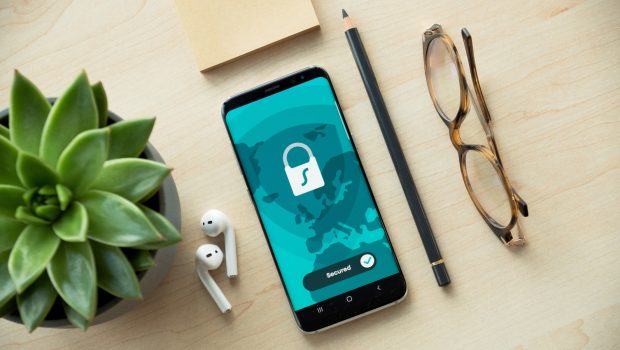How has Covid changed cybersecurity scenario? Quick Heal co-founder explains
Covid has brought radical change in our life. It has made us dependent on virtual platform like never before. It has also opened new avenues for hackers to penetrate and dupe finances and pose threat for our privacy.
{{^userSubscribed}}
{{/userSubscribed}}
{{^userSubscribed}}
{{/userSubscribed}}
To understand the changes, challenges and possible security measures, Hindustan Times spoke to Dr Sanjay Katkar, the co-founder, joint MD and CTO of Quick Heal Technologies. The internet security firm has recently launched version 23 of its cybersecurity solutions.
This version is designed to be smart, secure, and sustainable echoing company’s goal towards environment conservation and to make ‘cyber safety a fundamental right for all’, the company states.
Here is the excerpt from the interview.
Q1: How has Covid changed the cybersecurity scenario?
We all were forced to go and work from home since last two years. That was all of a sudden because of lockdowns, restrictions and even till now small organisations are struggling to maintain their businesses work.
{{^userSubscribed}}
{{/userSubscribed}}
{{^userSubscribed}}
{{/userSubscribed}}
They had to immediately switch to the online model, which they were not prepared for. With remote working, the organization data moved out of the secured office networks to more unsecured and unmanaged devices, which pose a bigger risk of cyber threats.
The IT teams of these small and medium organisations are trying to cope with the challenges faced by them, like, they are not having any control over the devices that their employees are using.
Q2: Has the over usage of smartphone poses additional challenge?
Mobile devices were used heavily throughout this situation. Mobiles are having a different range of OS. Android itself is running in multiple variants, and there are fragmentation of these things. It’s very difficult to control such environment which has caused the increase in attacks.
{{^userSubscribed}}
{{/userSubscribed}}
{{^userSubscribed}}
{{/userSubscribed}}
Now challenges are not only to protect the PCs, we also have to protect the network and the mobile devices. Since employers are working remotely, compliances are difficult to apply, training the employees for cybersecurity awareness is again difficult. It has actually helped cyber threats to grow faster.
Q3: Still there is a lack of awareness among people to secure their smartphones. There are also fewer products offering cybersecurity solutions for mobile phones than there for computer. Why so?
The more lucrative it becomes for hackers, they will find a way to attack. If people have now moved from PCs to mobile for carrying out their day-to-day activities, which involves banking, shopping, social media, all these have diverted attackers’ focus from PC to smartphone.
{{^userSubscribed}}
{{/userSubscribed}}
{{^userSubscribed}}
{{/userSubscribed}}
The products that are available for mobile security are not that sophisticated as compared to PCs. Now there are multiple factors.
The first factor is mobile operating systems are closed ecosystems, even if you see both the top ecosystems - Apple and Android, they have an App Store. And the complete control is with the operating system, wherein they allow very little access to these apps for any kind of mobile OS related functionality.
If you see on Windows PCs, Microsoft has kept everything open. If you want to write a driver, there are books available. You can read and develop a driver that intercepts certain things, go to the OS level, protect or write some things.
But all these things are not available for Android, just because the Android app ecosystem is not designed for doing that kind of activity. Every app that you have on your phone will only have access whatever permissions you have given. It will not have access to any other apps that are there on the same phone, or any data. It is by purpose designed because for security.
{{^userSubscribed}}
{{/userSubscribed}}
{{^userSubscribed}}
{{/userSubscribed}}
However, antiviruses are also treated as a normal application by Google. For now, for a product like us, we cannot go in tweak into the OS just to give protection. And that’s why the sophistication levels are not as compared to the PCs one.
Q4: What is the way ahead?
The antivirus vendors are talking to Android. I’m sure Android will evolve over the years as Microsoft has evolved because it has faced so many attacks over the last two and a half decades.
Microsoft has learned that they have to go hand in hand with security vendors to make sure they protect the users. The same learning path will go on for Android and Apple.








Gloss